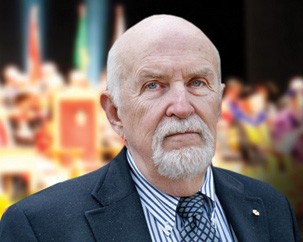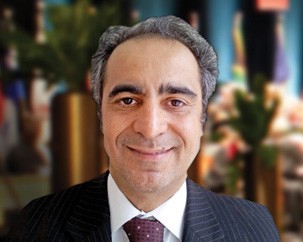Concordia awards honorary doctorates to pioneering author and electrical engineer
Concordia is granting two honorary doctorates at fall convocation on November 21.
The distinguished recipients — author Clark Blaise and electrical engineer Vahid Tarokh — will join more than 1,700 graduating students from the university’s four Faculties and the School of Graduate Studies at Salle Wilfrid-Pelletier in Place des Arts (175 Ste-Catherine St. W.).
The three fall convocation ceremonies will run as follows:
10 a.m. — Faculty of Arts and Science
Clark Blaise, OC, MFA, pioneering author and founder of Concordia’s Creative Writing Program, will be honoured for his long and influential career across North America as a teacher of writing and literature. He is a professor emeritus at the University of Iowa, where he was director of the International Writing Program. Blaise’s 20 books of fiction and nonfiction include the Pearson-Prize-winning Time Lord: Sir Sandford Fleming and the Creation of Standard Time (2000). He was named an Officer of the Order of Canada in 2010.
3 p.m. — Faculty of Engineering and Computer Science / Fine Arts (joint ceremony)
Vahid Tarokh, PhD, was the principal inventor of space-time codes in 1996. Space-time codes significantly improved the speed, capacity and clarity of wireless voice and data communications. One of the world’s most cited electrical engineers, Tarokh is a Hammond Vinton Hayes Senior Fellow of Electrical Engineering and Perkins Professor of Applied Mathematics at Harvard University’s School of Engineering and Applied Sciences. He holds an MSc in mathematics from the University of Windsor and a PhD in electrical engineering from the University of Waterloo.
7:30 p.m. — John Molson School of Business
No honorary degree to be awarded.

